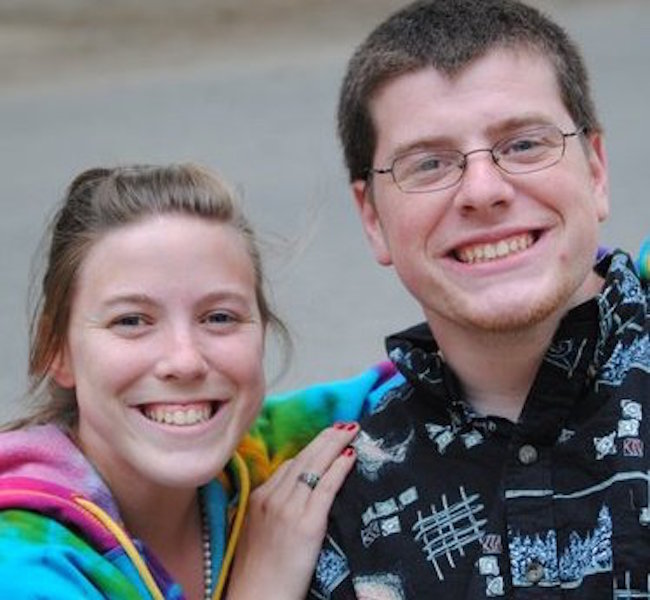Why I Don’t Embrace My Disability as a Fundamental Part of My Being
As a kid, I was never made to feel “different,” despite the visual evidence to the contrary. I’ve always attributed that fact to my parents pretty much being “kids” themselves at the time of my birth. My mom and dad were 22 when they had me. They had my sister at 24. If I were them, I’d have two children by now (I’m 25). I can’t even imagine it. Sometimes I can barely manage to feed myself. OK, that may be a bit of an exaggeration, but still… Throw in a cerebral palsy diagnosis you’ve got yourself a challenge, especially for first-timers.
Not that I have any personal experience, but parenting seems like a tough gig. I imagine finding out that your son wouldn’t lead the life you’d hoped is particularly earth-shattering. My parents, however, never demonstrated such thoughts. As I grew, neither they nor any of my relatives treated me as anything other than a growing child. Period. Despite my functional differences, “disability” didn’t enter the narrative of my young life, and that mindset has followed me into adulthood. I was able to experience most everything other children my age experienced, albeit in a slightly modified way. Sure, I realized I experienced life differently. But doing things differently and feeling ostracized represent entirely separate states of mind. For all intents and purposes, I grew up without a disability. Many individuals I meet embrace their disability as a fundamental part of their being. I never have.
When I explain that to people, I often get quizzical looks that invariably communicate “How can that be possible? You live your days in a wheelchair!” That question, whether asked directly or inferred, demonstrates a form of stigma inadvertently propagated by people with and without disabilities. I’ve found that there are great number of people out there who think it is an absolute necessity to function within the societal perception of disability. Now, I recognize that barriers actually do exist. You’ll never see me playing in a pickup football game. My statement refers to the seemingly widespread idea that disability absolutely needs to be part of a disabled person’s identity. For me, it doesn’t.
I’m not naive or delusional. I don’t stubbornly refuse my CP exists. I am simply a person with a disability, not a disabled person. I see no limits. I live my life day by day like everyone else. I buy groceries, hang out with friends, and pay my rent. The way I see it, I only differ from other people in the methods I employ to accomplish these tasks. I might hang bags off my chair or use Peapod to get my food. I find bars or restaurants I can access to maintain the social life I’d prefer. It’s more work for sure, but the independence to lead the life I want is worth it.
At the end of the day, everything boils down to a simple choice: I can make cerebral palsy the reason for life’s difficulties or I can forge ahead despite the challenge. I’ve learned to ignore the word “can’t”; the activities cerebral palsy prevents me from don’t really matter to a successful life anyway. You don’t really need to climb trees or jump rope.
I believe that no matter what the disability, be it physical, mental or otherwise, we are all humans. We have hopes and dreams, needs and wants. We have all this before disability is factored in. I don’t try to erase my disability out of shame. I don’t hate it. I just don’t want it to be attributed too heavily to my person. Cerebral palsy represents what people see, not who I am.
The Mighty is asking the following: What’s one commonly held opinion within the community surrounding your disability and/or disease (or a loved one’s) that doesn’t resonate with you? If you’d like to participate, please send a blog post to community@themighty.com. Please include a photo for the piece, a photo of yourself and 1-2 sentence bio. Check out our “Share Your Story” page for more about our submission guidelines.
The Mighty finds strength, joy and beauty in people facing disease and disability. Like us on Facebook.
And sign up for what we hope will be your favorite thing to read at night.

